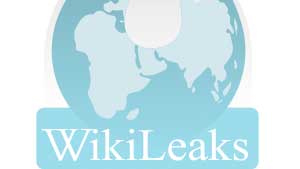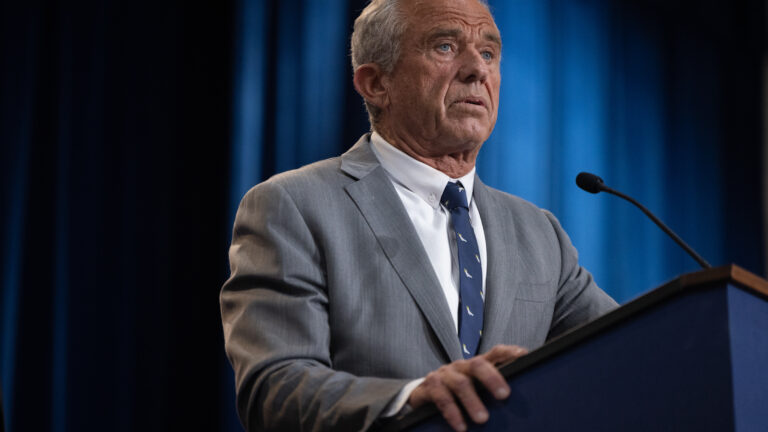German police on Tuesday raided the homes of Theodor Reppe, owner of the German domain for the controversial whistleblower site Wikileaks. According to Wikileaks itself, police told Reppe he was targeted because of his links to the site, and official documents indicate the search was meant to uncover evidence of "distribution of pornographic material." Though Wikileaks itself doesn't host porn, site administrators believe the impetus for the raids may be their recent publication of a secret Australian blacklist of banned sites, which includes the URLs of numerous sites that host child pornography.
Police in both Dresden and Jena appear to have coordinated in simultaneous searches of Reppe's residence, and asked him to turn over passwords associated with the Wikileaks.de domain, which they reportedly hoped to disable. But Wikileaks says that Reppe, who also hosts a popular server for the anonymous Tor routing network, is not actively involved with its operations beyond holding the registration for the .de domain and mirroring an archive of Congressional Research Service reports released by the site earlier this year.
A more recent leak may have brought the site into police crosshairs: last week the site posted what it claimed were lists of banned websites maintained by the Australian Media and Communications Authority. As part of a much-criticized content filtering scheme, currently in the testing stage, the secret list is distributed to ISPs and the makers of filtering software.
Stephen Conroy, Australia's Minister for Broadband, Communications and the Digital Economy, initially denied that the posted lists were accurate, noting that the official ACMA blacklist contained only 1,061 sites at the date on the leaked document, which included some 2,300 URLs. Colin Jacobs of the civil liberties group Electronic Frontiers Australia suggested that the discrepancy was likely the result of an individual vendor combining their own blacklist with the government's, and Conroy later acknowledged that an updated post was "close" to the official list. Many of the sites on the list appear to host child pornography (we declined to click through to check), but press reports have noted the inclusion of sites offering adult pornography, online gambling, and even a few MySpace pages and ordinary businesses.

 Loading comments...
Loading comments...
